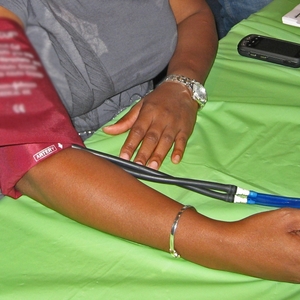AHA Journals, Author Interviews, Blood Pressure - Hypertension, Race/Ethnic Diversity, Social Issues / 03.02.2022
Residential Segregation Contributes to Hypertension in Black and Hispanic Adults
MedicalResearch.com Interview with:
Xing Gao, MPH, lead author and doctoral candidate in
Dr. Mujahid's research group
Mahasin Mujahid, MS, PhD, FAHA
Lillian E. I. and Dudley J. Aldous Chair in the School of Public Health
Associate Professor of Epidemiology
Director, Epidemiology & Biostatistics Master of Public Health Program
UC Berkeley, School of Public Health
MedicalResearch.com: What is the background for this study? What are the main findings?
- Hypertension is a major risk factor for cardiovascular diseases, and persistent racial and ethnic inequities in hypertension remain an urgent public health challenge.
- Public health researchers need a more nuanced understanding of how structural factors contribute to these inequities, which has a direct application to improving the cardiovascular health of marginalized populations.
- This study examined associations between racial residential segregation, a product of historical and contemporary racially discriminatory policies, and hypertension in a multi-racial cohort of middle-aged and older adults.








